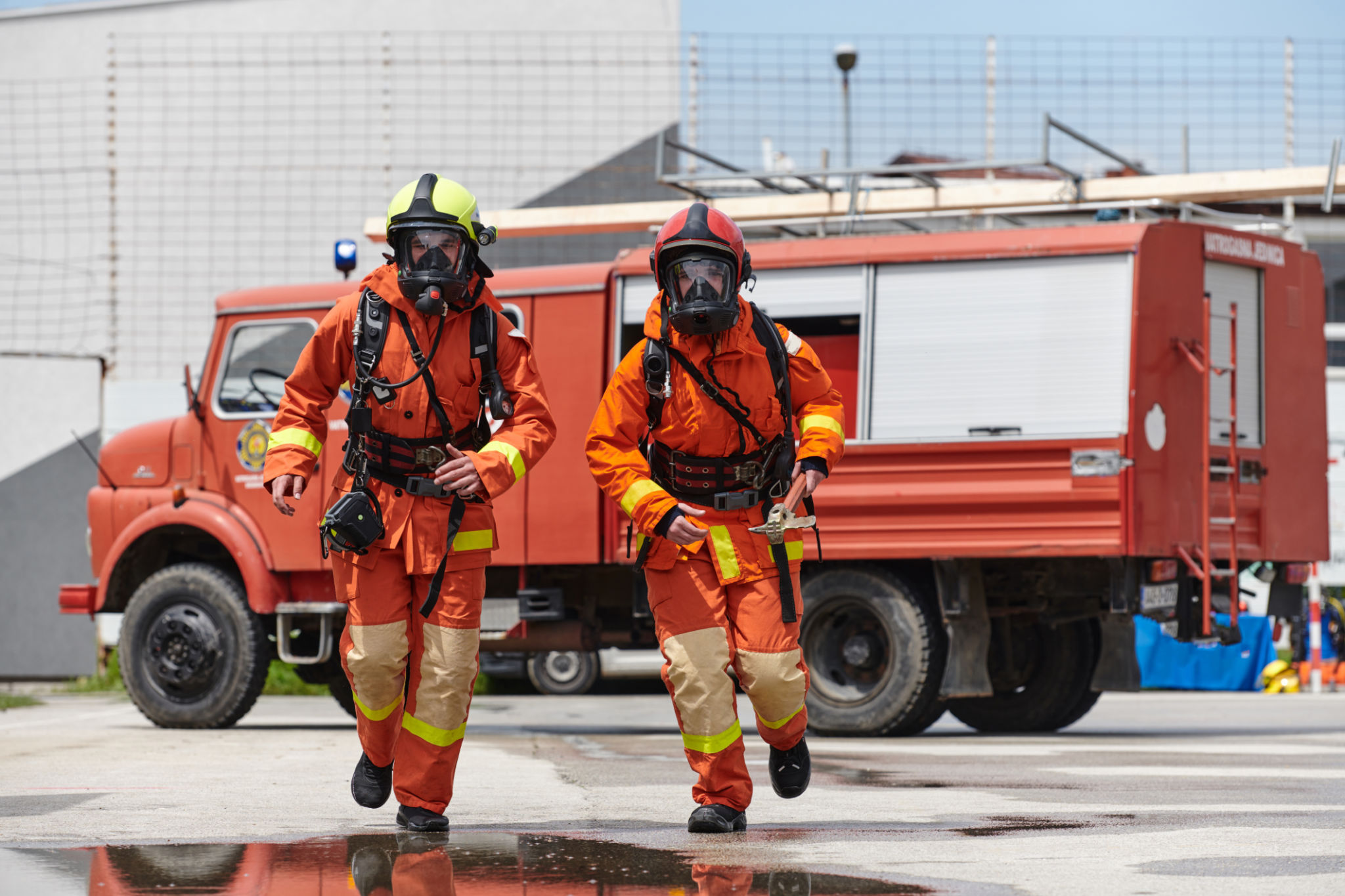How Mobile Medical Teams Are Revolutionizing Emergency Care
The Rise of Mobile Medical Teams
In recent years, mobile medical teams have emerged as a groundbreaking solution in the realm of emergency care. These teams, composed of highly skilled healthcare professionals, bring critical medical services directly to the scene of an emergency, bridging the gap between the onset of a medical crisis and the arrival at a healthcare facility. This innovative approach is transforming how emergency care is delivered, ensuring faster, more efficient treatment for patients in need.

How Mobile Medical Teams Operate
Mobile medical teams typically consist of paramedics, nurses, and occasionally doctors, equipped with advanced medical technology and supplies. They are dispatched to emergencies in specially outfitted vehicles that function as mini-hospitals. These vehicles are stocked with essential equipment like defibrillators, ventilators, and medications, enabling the team to perform life-saving procedures on-site.
The primary objective of these teams is to stabilize patients during the critical time window following an emergency. By providing immediate care, they enhance survival rates and reduce the likelihood of complications that may arise from delayed treatment.
Benefits of Mobile Medical Teams
There are several key advantages to deploying mobile medical teams in emergency situations:
- Rapid Response: Mobile teams can reach patients faster than traditional ambulances, especially in congested urban areas or remote locations.
- On-Site Treatment: Immediate care can be administered at the scene, reducing the need for transport and minimizing patient stress.
- Comprehensive Care: Equipped with advanced medical tools, these teams can perform a wide range of treatments, from CPR to administering IV medications.

The Impact on Healthcare Systems
The introduction of mobile medical teams has had a significant impact on healthcare systems worldwide. By alleviating the burden on emergency departments, they help reduce overcrowding and free up hospital resources for other patients. This is especially crucial during peak times or in the event of mass casualty incidents.
Furthermore, mobile medical teams contribute to overall cost savings for healthcare providers. By reducing the need for hospital admissions and lengthy stays, they lower the financial strain on healthcare systems and improve efficiency.
Technology's Role in Enhancing Mobile Medical Teams
The effectiveness of mobile medical teams is greatly enhanced by cutting-edge technology. Innovations such as telemedicine allow team members to consult with specialists remotely, ensuring that patients receive expert guidance and care even in challenging environments.
Additionally, mobile health applications and real-time data analytics provide teams with crucial information about patient history and current health status, enabling more informed decision-making and personalized treatment plans.

The Future of Emergency Care
The role of mobile medical teams is expected to grow as healthcare systems continue to evolve. With advances in technology and increased investment in training and resources, these teams will become even more integral to emergency care delivery. Their ability to provide swift, high-quality care makes them indispensable in a world where timely intervention can mean the difference between life and death.
As these teams continue to revolutionize emergency care, patients can expect improved outcomes and a higher standard of treatment during some of their most vulnerable moments.
